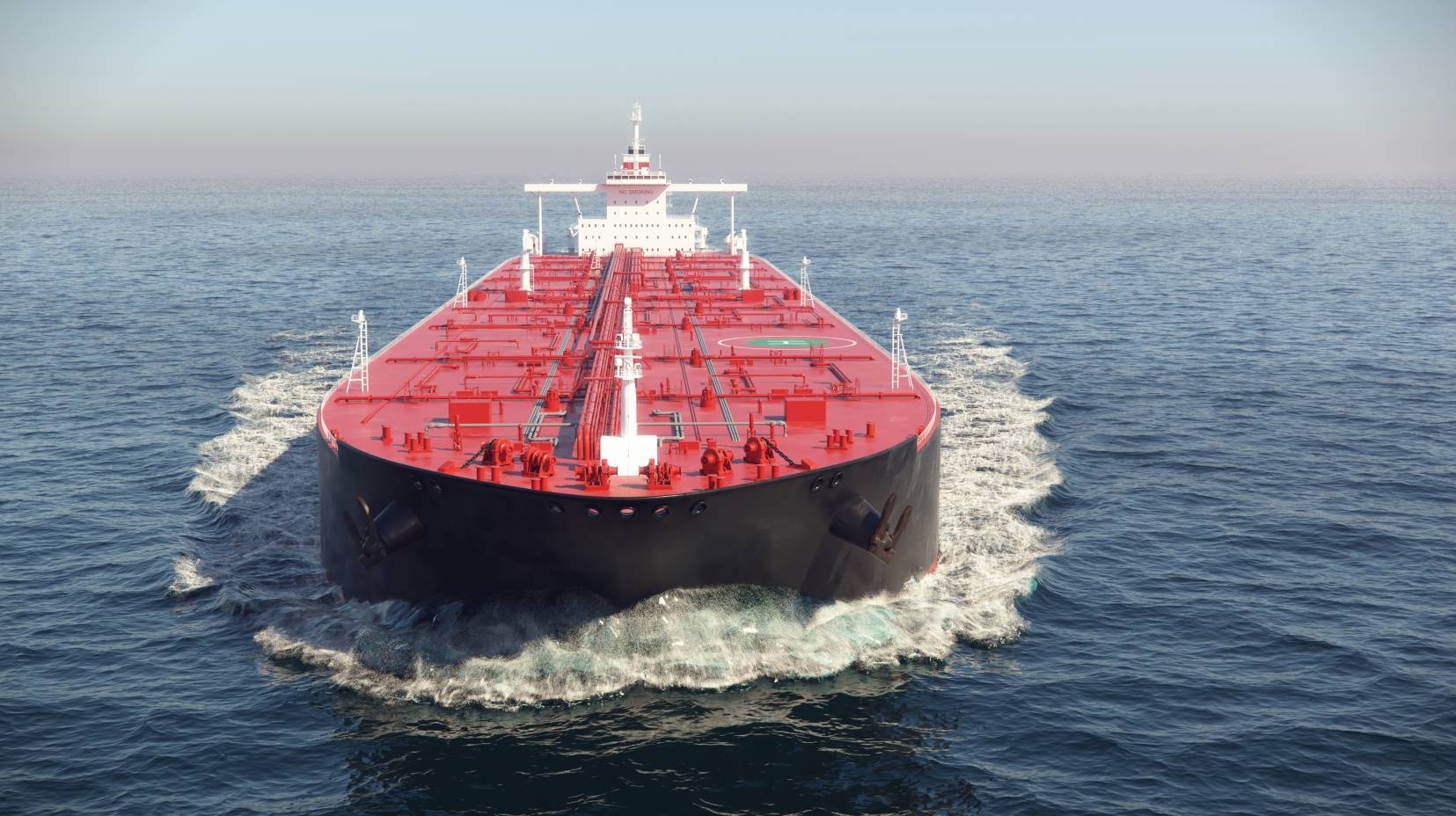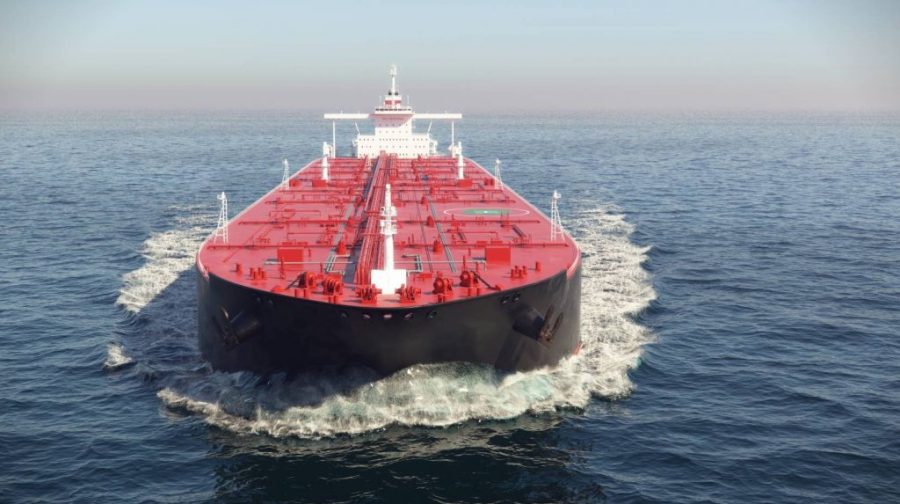Five companies are competing to supply liquid fuels to Mozambique for this coming September, October and November.
The Mozambican Petroleum Importer (IMOPETRO), which launched the tender for the contract, said that seven companies requested the details, but only five expressed interest.
Technical and financial information supplied by the bidders is now being evaluated. IMOPETRO director general João Macandja said that the winning bid could be known as soon as 15 July.
Normally, tenders for imports of fuel in Mozambique cover a six-month supply period, but there is nothing preventing them covering one, two, three or up to 12 months, Macandja explained.
“This time we opted for three months because the international market situation is not favourable. There are many uncertainties, and supply companies always present high price proposals. We also want to guard against uncertainties in the oil market,” Macandja added.
He noted that the cost of chartering of ships to transport fuel had increased by over US$100 per ton recently, making logistics much more expensive.
The IMOPETRO director confirmed that the tender process was governed by international rules and procedures similar to those specified in the World Bank guidelines, such as for procurement under IBRD loans and IDA credits.
“The selection criterion for the next entity responsible for importing fuels will be the best price, safety and reliability,” he said.
In total, Mozambique intends to import 575,000 metric tons of fuel to ensure that the country’s needs are met during the three months in question.
“We intend to import 150,000 tonnes of petrol, 400,000 tonnes of diesel and 25,000 tonnes of gas, and these refined petroleum products will be distributed from the ports of Maputo, Beira, Nacala and Pemba,” he said.
All liquid fuels sold in Mozambique (diesel, gasoline and aviation fuel) as well as liquefied petroleum gas (LPG – cooking gas) are imported by sea, in special freighters.
The process is centralised by law in a single entity, IMOPETRO, which is owned by the distributors of petroleum products operating in the country.
Macandja considers that the rise in ship charter prices will push the amounts paid in the coming months from US$200,000 to around US$600,000, reflecting the volatility registered in the fuel market.






